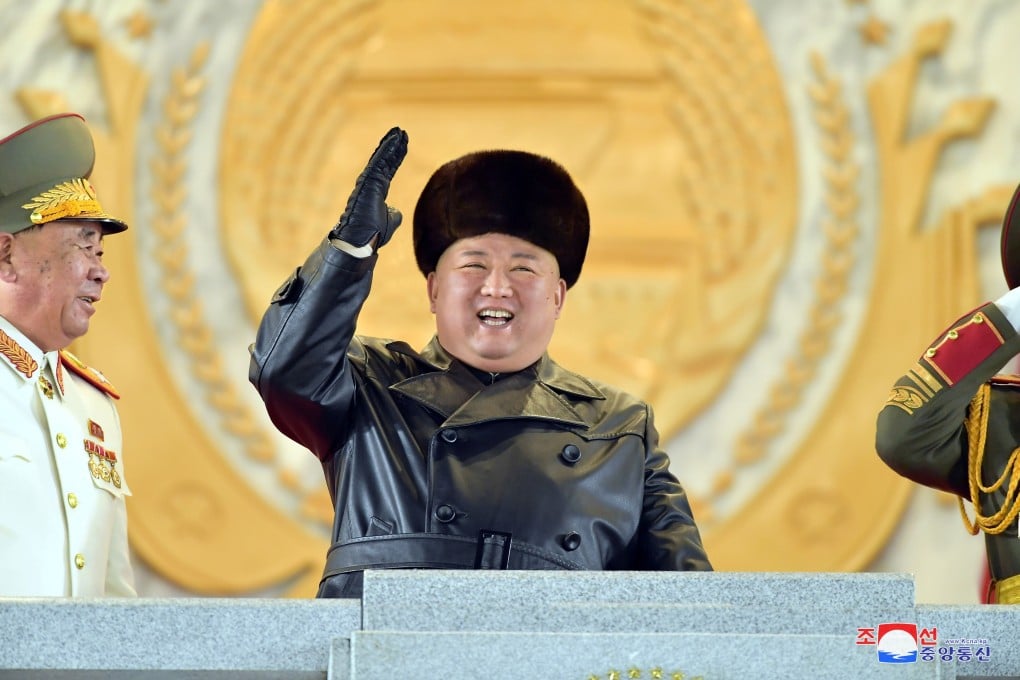Advertisement
UN says ‘reasonable grounds’ to believe crimes against humanity continuing in North Korea
- ‘Reasonable grounds’ to believe atrocities are still being perpetrated seven years after inquiry found human rights abuses ‘without parallel’, report says
- Prison inmates said to face enslavement and torture, while authorities persecute anyone seen as threat to Kim Jong-un, including religious believers
Reading Time:3 minutes
Why you can trust SCMP
1

There are “reasonable grounds” to believe crimes against humanity are continuing in North Korea seven years after a landmark inquiry into human rights abuses by the reclusive regime, a UN report has found.
North Koreans still face enslavement and torture inside the prison system based on the “consistent and credible accounts” of recent escapees, the United Nations Human Rights Office said in its latest report on the secretive North, which is in its seventh decade of dynastic rule under Kim Jong-un.
“Beatings, stress positions, psychological abuse, forced labour, denial of medical care and sanitation and hygiene products, and starvation all combine to create an atmosphere of severe mental and physical suffering in detention, exacerbated by extremely poor living conditions,” the report said.
Advertisement
Despite some evidence that “may suggest some improvement in the treatment of detainees in the ordinary prison system in recent years”, authorities continued to persecute anyone considered a threat to the Kim family, “including people who practise religion, introduce influences considered to be subversive, such as foreign films or music, or leave the country,” the report found.

02:42
South Korean POWs in North Korea detail misery slaving in coal mines
South Korean POWs in North Korea detail misery slaving in coal mines
The UN Human Rights Office released the report on Tuesday as part of its mission to monitor conditions in North Korea after a 2014 UN Commission of Inquiry detailed abuses on a scale “without parallel in the contemporary world”, including murder, enslavement, torture, rape and enforced disappearance.
Advertisement
The North, officially known as the Democratic People’s Republic of Korea (DPRK), has blasted allegations of atrocities inside its borders as a “human rights racket” by the United States and other Western nations aimed at toppling its socialist system, which emerged during the division of the Korean peninsula in the aftermath of World War II.
Advertisement
Select Voice
Select Speed
1.00x